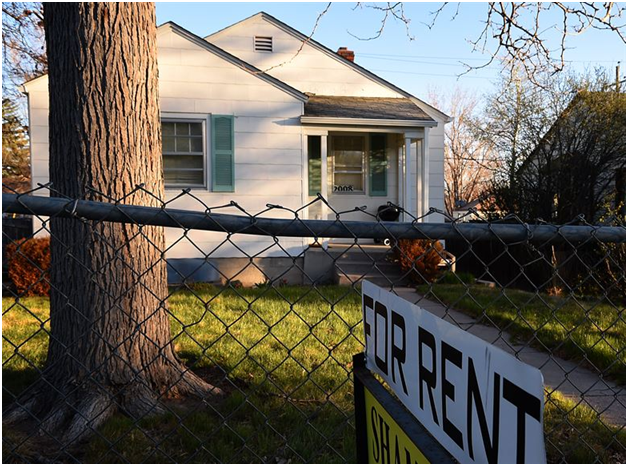Even landlord-tenant relationships that have run perfectly smoothly throughout the tenancy can easily become problematic when things end, and the issue of that final clean-up comes into play. Known by several terms, including an end-of-tenancy cleaning, deep cleaning, or moving out cleaning, the point is to leave the property as spotless as it was the day the tenant moved in.

Over and above the usual dusting and vacuuming, an end-of-tenancy cleaning involves giving attention to every surface in the place. Because it is not the usual cleaning, many people find it quite difficult to actually do it properly.
Deposit wrangles
The most common point of deep cleaning disputes between landlords and tenants concerns the return of the security deposit paid at the start of the contract. Landlords, quite naturally, expect a property to be immediately ready for a new tenant, while the departing tenant may feel that a surface cleaning is adequate and that the deposit was held for damages, not dust.

Plan ahead
The easiest way to avoid these issues is to include a provision for an end-of-tenancy cleaning in the tenancy agreement. This could be funded entirely by the departing tenant or the pre-advised cost of doing so could be deducted from the deposit held. Alternatively, the cost might shared between both parties. As long as the cleaning is consistently carried out between lets, problems should not arise.
Provide a clear template
Deep cleaning is a broad term, so to avoid confusion, it is best to provide tenants with a clear list of what should be covered. If they choose to tackle the job themselves, they will have the perfect guide to avoid missing anything. Landlords should also use the initial inventory record for the property to create a realistic end-of-tenancy cleaning. Using property inventory software to record not just contents but the condition of fixtures and fittings makes it easy to see which marks or scuffs were there from the start, for example. Property Inventory Software is an investment that saves time and stress down the line.
It may not seem obvious to think about a tenant leaving before they have even signed the paperwork to rent the property, but by planning ahead, it is much more likely that things will run smoothly and fairly for all concerned.

